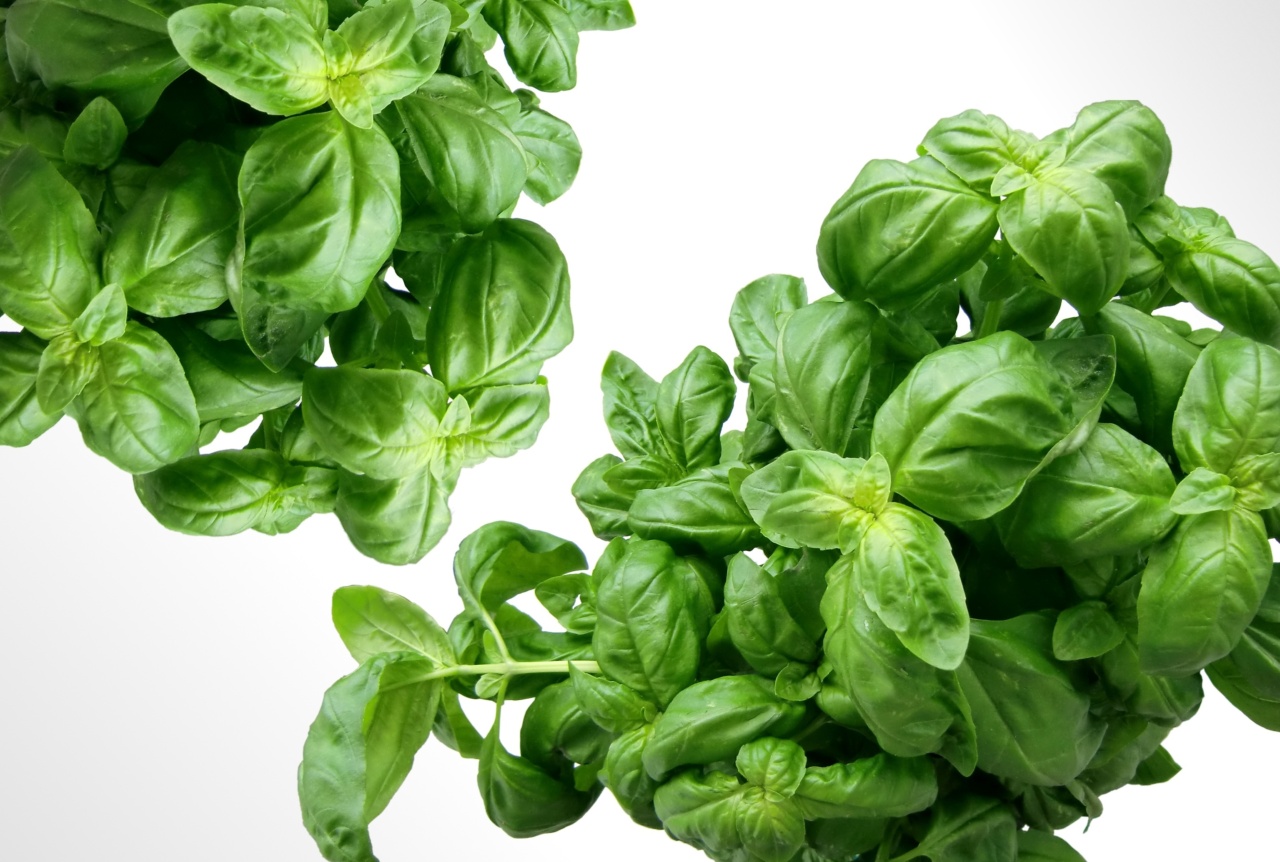Basil seeds, also known as Sabja or Tukmaria seeds, are tiny black seeds derived from the basil plant (Ocimum basilicum). While most commonly used as a culinary herb, basil has also been valued for its medicinal properties for centuries.
In recent times, the health benefits of consuming basil seeds have gained significant attention in the wellness community. This article explores the various health benefits of basil seeds and highlights their potential impact on overall well-being.
Nutritional Profile
Before diving into the specific health benefits of basil seeds, it is essential to understand their nutritional composition. Basil seeds are a nutritional powerhouse, containing an array of essential nutrients and bioactive compounds.
These seeds are an excellent source of fiber, protein, healthy fats, and carbohydrates. They are also rich in vitamins like vitamin A, vitamin K, vitamin C, and minerals such as calcium, iron, and magnesium.
Additionally, basil seeds possess potent antioxidants, including flavonoids and phenolic compounds, which contribute to their health-promoting effects.
Promotes Digestive Health
Basil seeds have long been recognized for their ability to support digestive health. One of their standout characteristics is their exceptional fiber content.
Consuming basil seeds can help regulate bowel movements, prevent constipation, and promote regularity. The high fiber content also aids in maintaining a healthy gut microbiome, playing a crucial role in the overall digestive process.
Manages Blood Sugar Levels
Another remarkable benefit of basil seeds is their potential to help manage blood sugar levels. The fiber in basil seeds slows down the absorption of carbohydrates in the body, preventing sudden spikes in blood sugar levels.
This can be especially beneficial for individuals with diabetes or those at risk of developing the condition. However, it is essential to consult with a healthcare professional before incorporating basil seeds into a diabetes management plan.
Supports Weight Loss
For individuals aiming to shed some extra pounds, basil seeds may prove to be a valuable addition to their diet. The high fiber content of these seeds promotes feelings of fullness and satiety, reducing overall calorie intake.
Basil seeds can also help curb unnecessary snacking by preventing sudden hunger pangs. Additionally, their low-calorie content makes them a suitable ingredient for weight-conscious individuals.
Promotes Skin Health
The antioxidants present in basil seeds contribute to their ability to enhance skin health. These antioxidants combat free radicals, which are responsible for premature aging and skin damage.
Regular consumption of basil seeds may help reduce the appearance of fine lines, wrinkles, and blemishes. The anti-inflammatory properties of basil seeds can also be beneficial for individuals dealing with skin conditions like acne or eczema.
Boosts Heart Health
Basil seeds possess beneficial compounds that contribute to cardiovascular health. Their fiber content aids in reducing cholesterol levels, particularly LDL (bad) cholesterol.
By lowering cholesterol and promoting heart health, basil seeds may play a role in reducing the risk of cardiovascular diseases such as heart attacks and strokes. However, it is essential to maintain a balanced diet and a healthy lifestyle to maximize these benefits.
Improves Mental Well-being
The nutrients present in basil seeds have been linked to various cognitive benefits, potentially improving mental well-being.
Studies have suggested that basil seeds’ antioxidants can protect brain cells from damage caused by oxidative stress, ultimately reducing the risk of neurodegenerative diseases such as Alzheimer’s and Parkinson’s. Additionally, basil seeds’ magnesium content may contribute to stress reduction and improved mood.
Enhances Respiratory Health
Basil seeds possess expectorant properties, which can help in relieving respiratory issues like coughs, colds, and asthma symptoms.
When soaked in water, the mucilage released from the seeds can help soothe throat irritation and reduce inflammation, making it an effective natural remedy for respiratory discomfort.
Aids in Detoxification
Basil seeds can aid in the detoxification process by promoting healthy digestion and elimination. The fiber content in these seeds acts as a natural cleanser for the digestive system, assisting in the removal of toxins and waste products.
Furthermore, the antioxidants in basil seeds help protect the body’s cells from damage caused by toxins and free radicals.
Supports Bone Health
The calcium and magnesium content of basil seeds contributes to maintaining healthy bones. These minerals play a crucial role in bone structure and strength, preventing conditions like osteoporosis.
Including basil seeds in the diet can be particularly beneficial for individuals at higher risk of bone-related issues, such as older adults.
Conclusion
With their remarkable nutritional profile and diverse health benefits, basil seeds deserve a place in a balanced and healthy diet.
From promoting digestive health to supporting heart health and enhancing skin vitality, these tiny black seeds offer a range of advantages for overall well-being. While incorporating basil seeds into one’s diet can yield positive outcomes, it is important to remember that they are not a magical cure-all.
As with any dietary addition, it is advisable to consult with a healthcare professional before making significant changes to ensure individual suitability and safety.





























